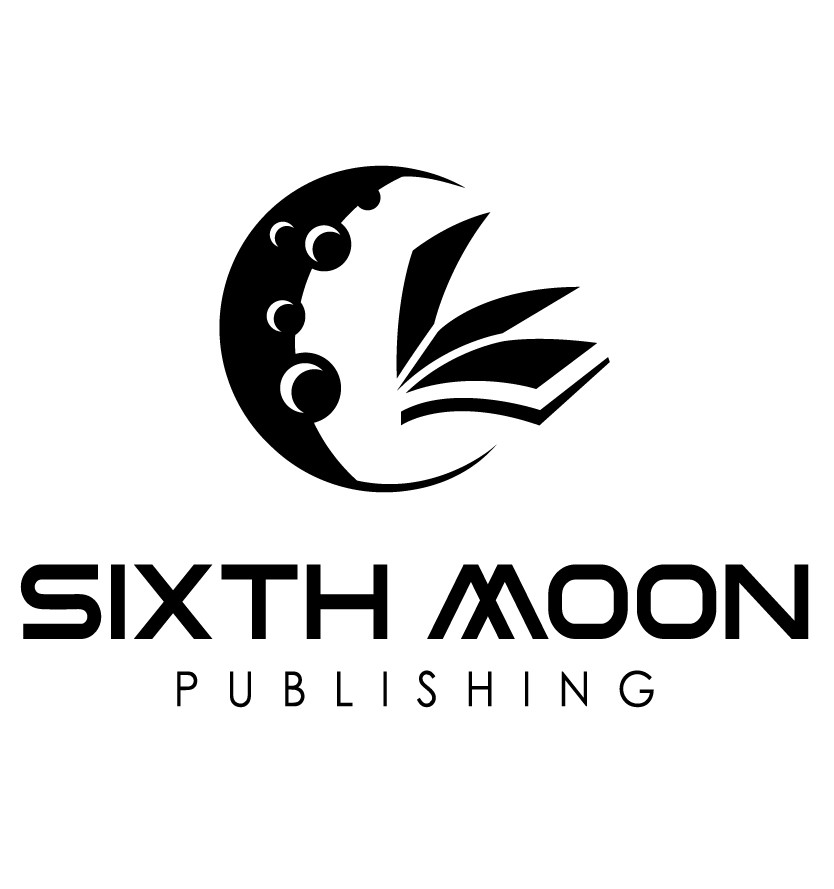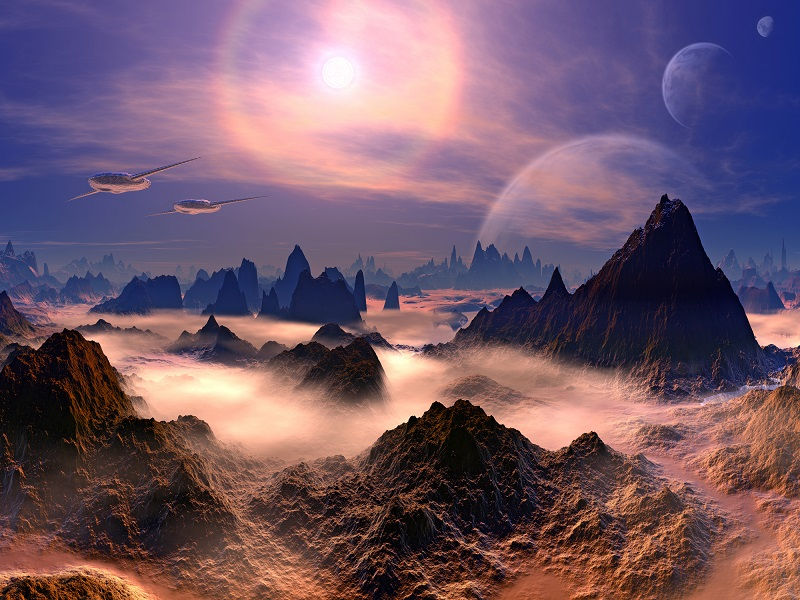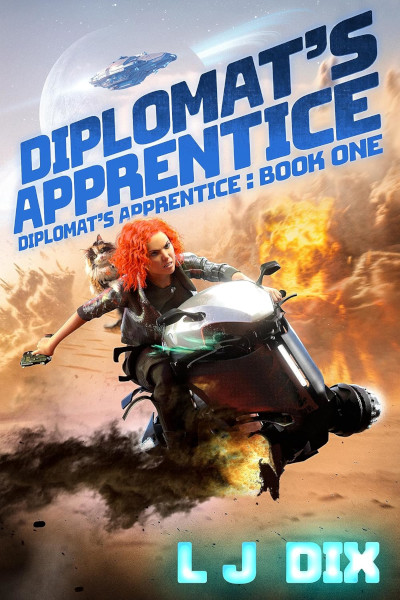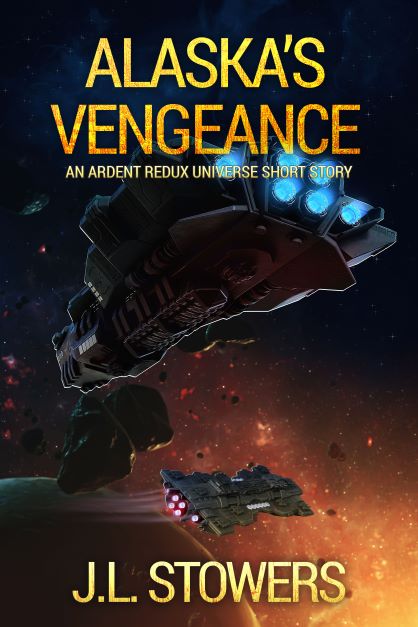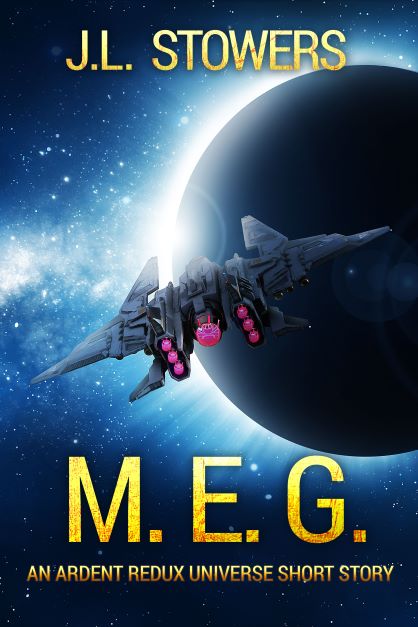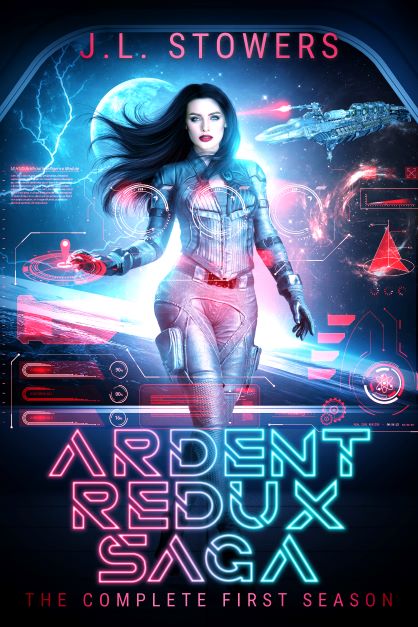Science Fiction
Worlds Beyond Your Wildest Dreams
Science fiction has long been a genre of wonder and fascination. It has the power to captivate imaginations, create entire worlds, and explore new possibilities that are unknown in our current reality.
Often characterized by its creative use of technology and its extrapolation of scientific principles, science fiction allows people to create a world filled with wonderment. Through the use of robotics, spacecraft, and advanced weaponry, it also helps us explore a universe that is much larger than our own. Science fiction allows us to imagine what it would be like to travel through space and time or to encounter alien races in hopes that they might share their knowledge with us.
Science fiction has also been used as a way to examine the implications of certain technologies, situations, and scientific theories on our lives. Some works have explored how artificial intelligence may eventually exceed human capabilities and change the very nature of life itself. Others have speculated about how various forms of energy might be developed or used for humanity’s benefit (or demise). In many cases, these stories are thought-provoking and challenge societal norms all while pushing the boundaries of traditional thinking.
At its core, science fiction is a genre that encourages exploration and discovery. It provides us with the opportunity to create new ideas and test theories in imaginative worlds. It has allowed us to explore new possibilities and push the boundaries of what we believe is possible. As a result, science fiction continues to be one of the most popular genres today. From classic works to modern hits, science fiction will continue to captivate audiences for years to come.
No matter how advanced technology or scientific knowledge may become, science fiction books will always offer a way for readers to explore the limits of their imagination. So grab your popcorn and enjoy the ride—the possibilities are only limited by our imaginations.
What is Science Fiction?
The term “science fiction” was first coined in the 1920s and is generally attributed to Hugo Gernsback. If that name sounds familiar, it should. Gernsback was both an inventor and a publisher. He has also played a major role in establishing science fiction as a genre of literature. In 1953, the Hugo Award was established in his honor. Hugo Awards are granted for notable achievements in science fiction or science fantasy, and are awarded to the top sci-fi authors, editors, illustrators, films, and magazines.
The dictionary defines science fiction as “fiction based on imagined future scientific or technological advances and major social or environmental changes, frequently portraying space or time travel and life on other planets.
However, Hugo Gernsback described science fiction as “a charming romance intermingled with scientific fact and prophetic vision.” And, since then, many other prominent figures in the speculative fiction world have gone on to elaborate on the definition of science fiction:
Types of Science Fiction
Science Fiction or Sci-Fi is an overarching category for a variety of SF subgenres. All sci-fi falls into one of two categories, hard or soft. From there, it can then be categorized into different subgenres depending on the setting, theme, and tropes utilized in the story.
Hard Science Fiction
Hard sci-fi honors scientific fact and principle with a focus on natural sciences including astronomy, chemistry, physics, and others.
Soft Science Fiction
Soft sci-fi tends to focus more on human behavior including anthropology, economics, history, politics, psychology, and sociology.
Science Fiction Genres
Science Fiction as a category is rich in subgenres. These include:
Adventure
Alien Invasion
Alternate History
Alternate & Parallel Universe
Apocalyptic & Post-Apocalyptic
Artificial Intelligence
Biopunk
Climate Fiction
Colonization
Cosmic Horror
Crime & Mystery
Cyberpunk
Dying Earth
Dystopian
First Contact
Galactic Empire
Generation Ship
Genetic Engineering
Humorous Sci-Fi
Metaphysical & Visionary
Military Sci-Fi
Nanopunk
Near-Future
New Earth
Robots & Androids
Science Fantasy
Sci-Fi Romance
Space Exploration
Space Opera
Space Western
Steampunk
Technothriller
Time Travel
Virtual Reality
Each subgenre comes complete with its own sci fi elements. Creative writing, worldbuilding, along with a solid understanding of character development, plot, and genre-specific tropes come together to form amazing stories.
What is a Trope?
Tropes are the elements that help define genres. They are tools that authors use (with or without realizing it) to set scenes, advance the plot, support the character arcs, and so much more.
In addition, tropes are what help readers decide if they’re interested in reading a sci-fi book or watching a science fiction film.
For example, space battles, super soldiers, plasma cannons, clone armies, and attack drones are tropes often seen in military science fiction. Whereas accidental time travel, the time machine, alternate timelines, the butterfly of doom, and ominous messsages from the future are all examples of tropes seen in time travel travel stories.
Tropes are important elements of science fiction as well as other fiction genres. Tropes can also be combined in a variety of creative ways and can cross over from genre to genre to improve storytelling and enhance a fictional universe.
Some of the most popular science fiction tropes include:
-
Artificial Intelligence
-
Alien Ancestors
-
Alien Encounters
-
Alternate Universes
-
A Brave New World
-
Climate Change
-
Cloning
-
Cyberpunk Culture
-
Cyborgs
-
Extraterrestrial Life
-
Faster-than-light Travel
-
Futuristic Utopia or Dystopia
-
Genetic Engineering
-
Interstellar Travel
-
Robot / Android Elements
-
Spacecraft
-
Space Colonization
-
Time Travel
-
Virtual Reality
-
Wormholes
The Best Science Fiction
There is plenty of debate across the internet about what makes the “best” science fiction. Is it factual information and research? Is it the philosophy behind a good sci-fi story? Does the best science fiction involve a starship traversing across spacetime or the hero conquering a new species of alien committed to putting an end to human space exploration before it really even begins? In an answer, yes. The best science fiction opens minds to the possibilities of each subgenre. It inspires conversation and can help shape the future of society. From a trip to the moon to a brave new world, science fiction fills fans with intrigue and a sense of wonder.
Popular franchises like Star Wars, The Matrix, The Hunger Games, Babylon 5, Stargate, Firefly, Jurassic Park, Star Trek, Planet of the Apes, Doctor Who, and so many more keep the science fiction phenomenon going.
Now, more than ever, the world has the ability to explore incredible stories from new science fiction authors and writers from around the planet. The evolution of the sci-fi genre means the constant birth and rebirth of new forms of science fiction through all mediums of storytelling. And we, here at Sixth Moon Publishing, are so honored to play a part in bringing these incredible stories to life.
